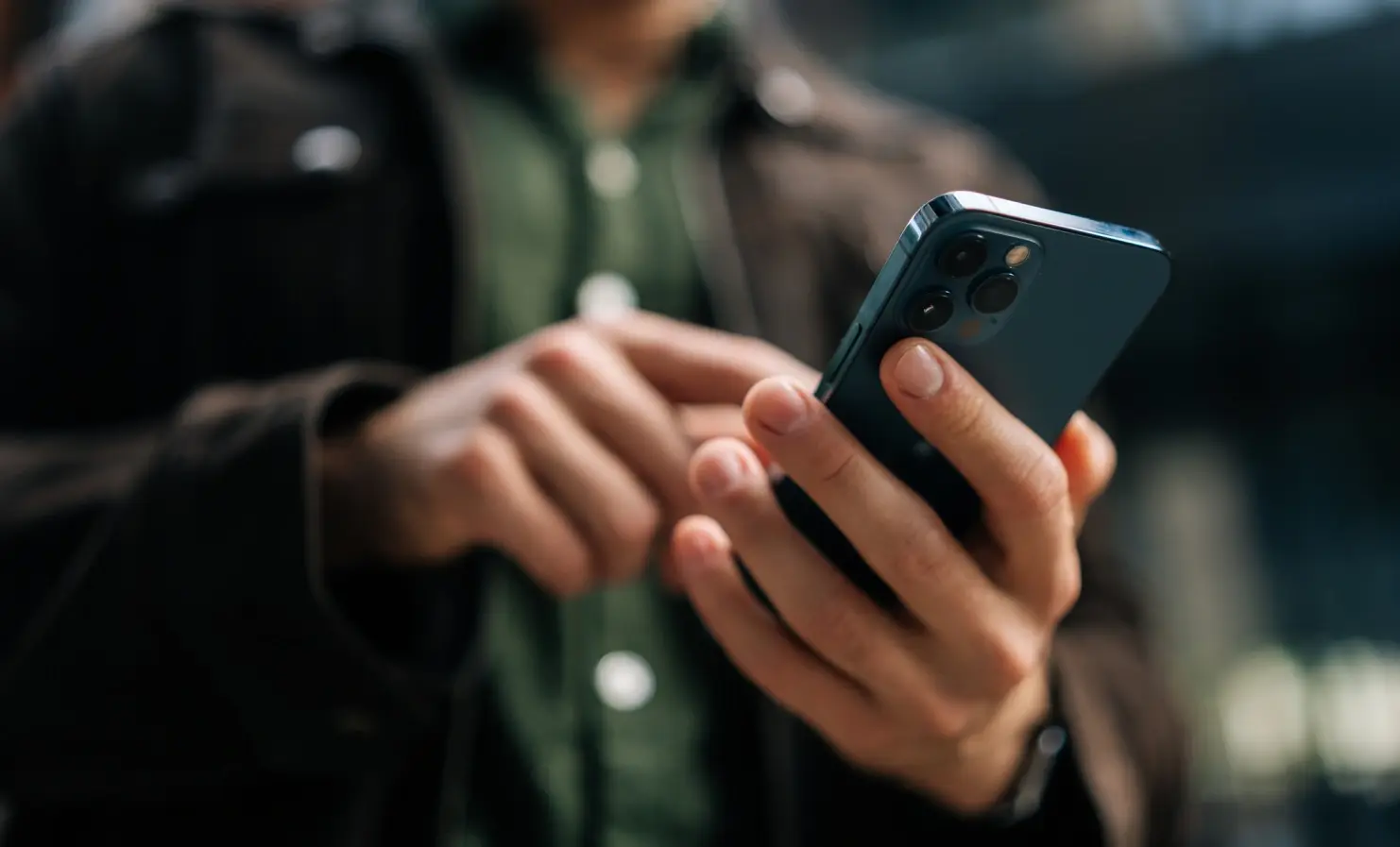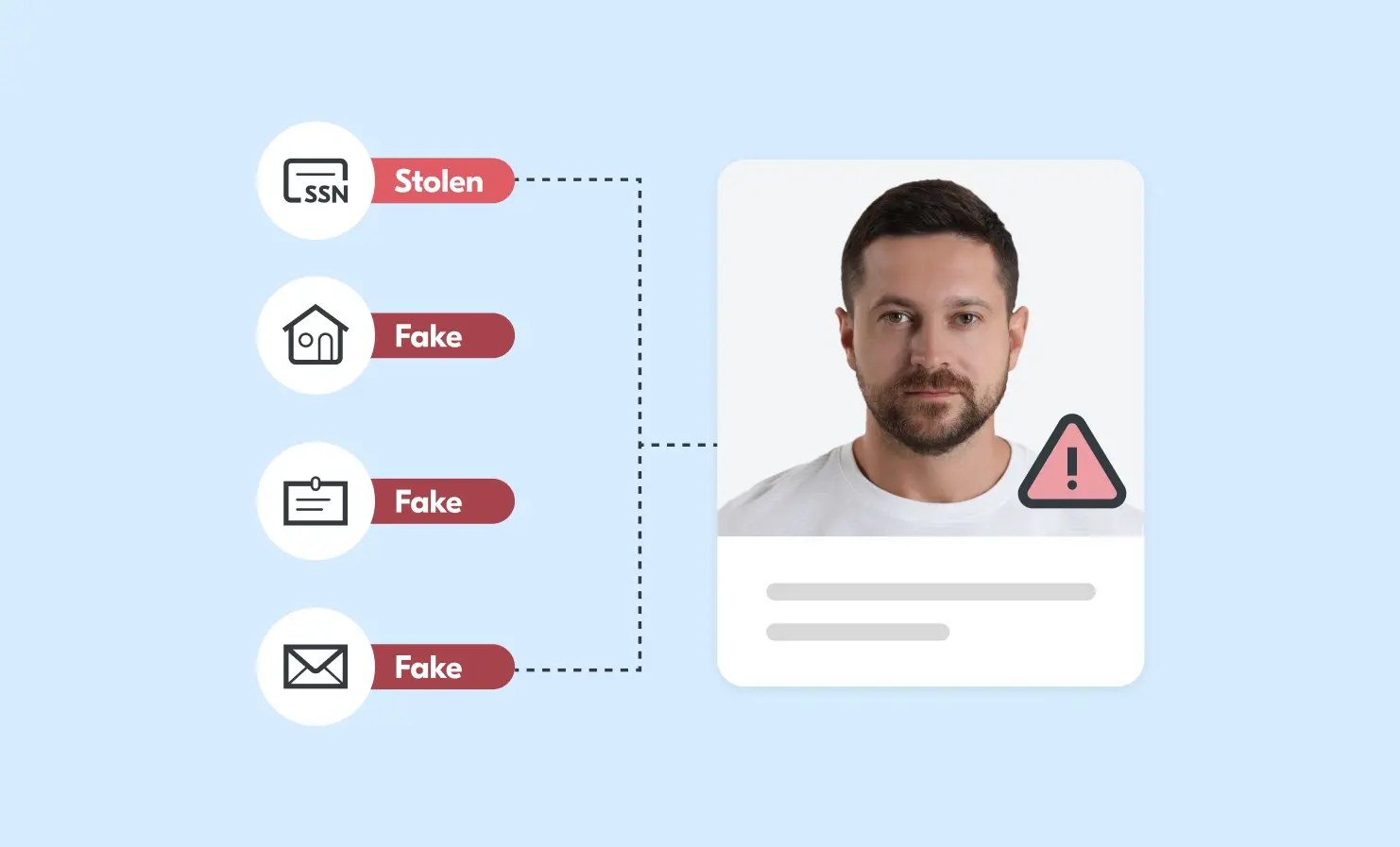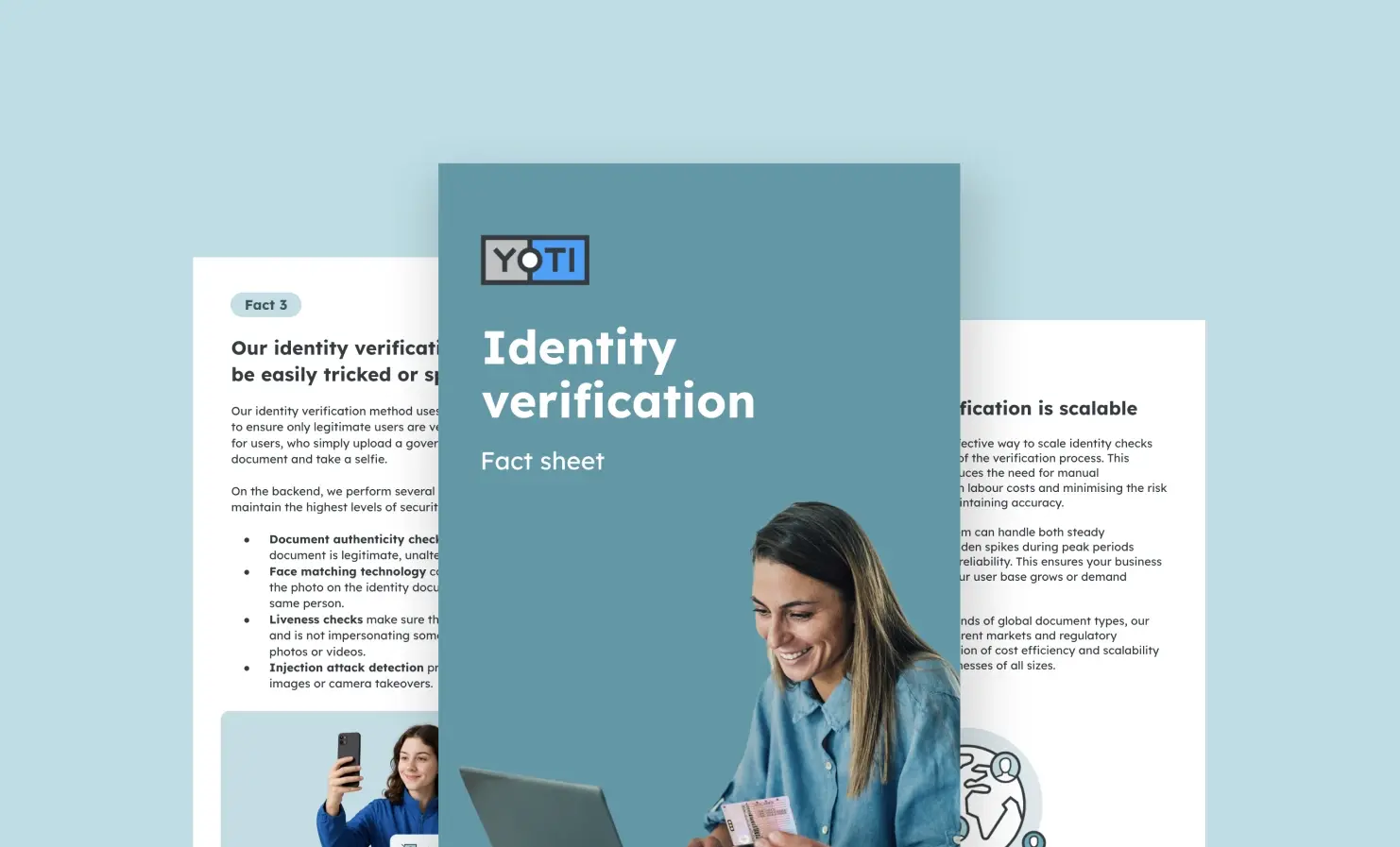
“When we were in search of a strategic biometric partner that aligns with our values, Yoti stood out as the perfect choice.”
Hajji Laird Mostafa Mohammad Karim
Founder & CEO (Chief Evangelism Officer), Muslim Marriage Services
Muslim Marriage Services is the world’s only Certified Social Enterprise Muslim matrimonial brand, focussed on digital security and creating social impact in the world’s largest matrimony market.
We helped them:
- Create a trusted platform for people to connect; giving them the best chance at finding compatible life partners.
- Offer users an improved online experience by giving them a safer and instant way to prove their identity.
Solution: Digital ID app
Industry: Matrimony




